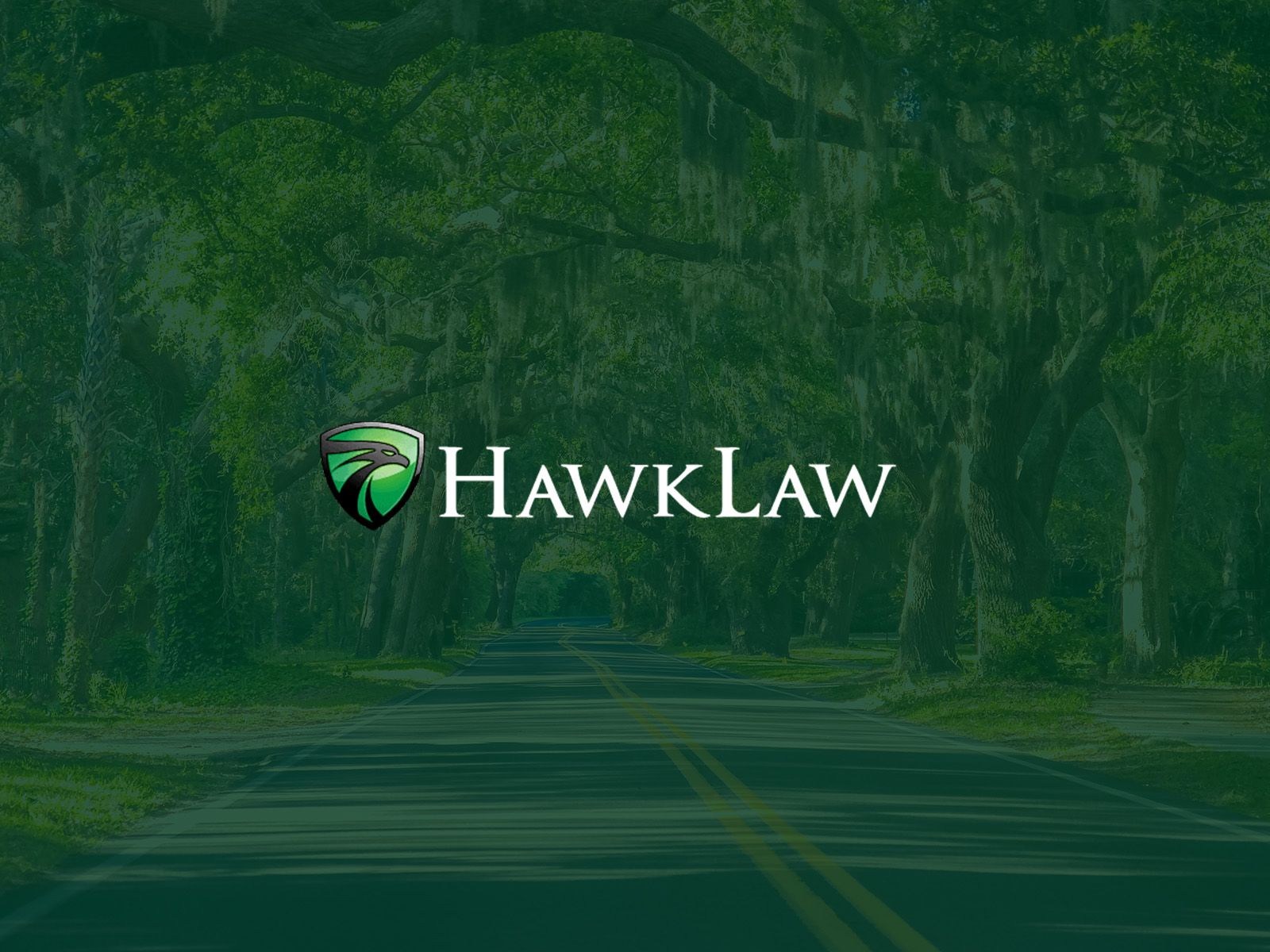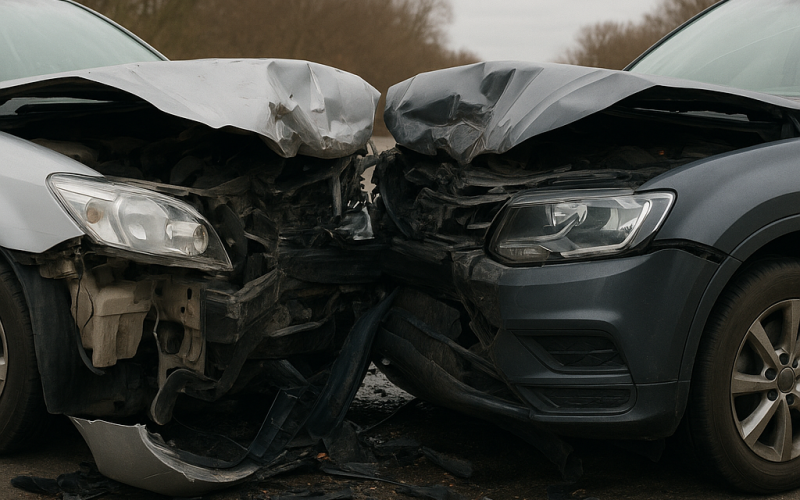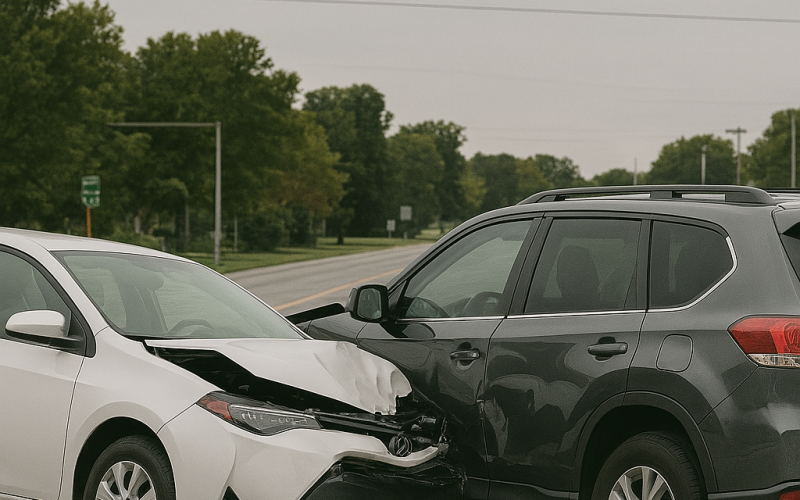What Are the Different Types of Workers Comp Cases?



Injured workers in South Carolina count on workers’ compensation to help pay for medical bills and lost wages. They rely on the workers’ compensation system because that is what it should do — when you get hurt at work in South Carolina, you should be able to get workers’ compensation benefits. However, actually getting benefits can be complicated and overwhelming. You might not know what rights you have or what you should do next after you experience a work injury. The best way to learn what you should do is to talk with a South Carolina workers’ compensation lawyer.
It can be tempting to just take what your employer or its insurance company offers you after a work accident. You want to trust that they have your best interests at heart, and they are providing every benefit they should. However, just taking the benefits without further investigating your rights may not be wise. Instead, you may want to negotiate your workers’ comp benefits to ensure you receive full compensation.
At Hawk Law, P.A., we help injured workers get all of the workers’ compensation benefits they deserve. We explain your rights and explore every avenue to get additional benefits. Our legal team can handle negotiating your South Carolina workers’ compensation claim with the insurance adjusters so you can focus on recovering from your injuries.
You may be surprised to learn that injured workers who hire a workers’ compensation lawyer receive, on average, an additional $60,000 for their workers’ compensation claim compared to those who do not have an attorney. Do not make the mistake of trying to negotiate on your own — contact HawkLaw to learn more about how we can help.
What Does Workers’ Compensation Insurance Cover in South Carolina?
The South Carolina Workers’ Compensation Act sets out the variety of benefits available to injured employees. Essentially, if an employee suffers an injury at work and meets certain qualifications, they can receive medical benefits and payments for their lost time from work. If a worker passes away on the job, their family is entitled to receive certain death benefits.
Workers’ Compensation Benefits: The Great Compromise
Workers’ compensation law is known as “the great compromise.” It provides immediate benefits to workers without requiring that a worker prove that the employer or another worker was necessarily at fault. Injured workers simply must establish that they were hurt on the job.
In return, employers receive limited liability. Essentially, a worker cannot get any additional compensation beyond what is available through workers’ compensation law. For example, money damages for pain and suffering are not available for work injuries covered by the South Carolina Workers’ Compensation Act.
South Carolina employers are required to carry and pay premiums and deductibles for workers’ compensation insurance by law. The insurance carrier is generally the entity that pays work comp benefits. Self-insured employers must pay their own benefits to employees. The Department of Labor oversees employers to ensure they meet their legal requirements.
Defining Work-Related Injuries
To receive compensation, a claimant must have a “work-related injury.” In most cases, that means that the worker injured themselves at their workplace while doing their job. However, the definition of a “work-related injury” is actually much broader than that typical circumstance.
In general, if you were doing any work that benefited your employer when the accident occurred, you likely can receive workers’ compensation. The accident could have occurred off your work premises and may not have happened during work hours.
The requirements to have a compensable injury include:
1. The injury occurred because of an accident.
South Carolina code states that an accident injury occurs when the injury is due to an unexpected event in the context of an employee’s work duties. However, the result of the accident is much more important than the accident itself—the injuries must have been unexpected or unforeseen.
2. The accident arose out of and in the course of employment.
The accident must have been while you were doing your job, and your work must have caused it. If you suffered an injury at your physical work location but were on lunch when the accident happened, you might not have a workers’ compensation claim. Talk to an experienced workers’ compensation attorney for your options in this unique situation.
3. You are actually an employee.
Workers’ compensation claims are unavailable to independent contractors or “casual employees.” A casual employee does not work permanently for the employer but occasionally provides services. However, you do not have to be considered a full-time employee to qualify for benefits.
However, some employers deliberately call their employees “casual employees” or independent contractors to avoid paying benefits. If your employer refuses to pay benefits because of your employee classification, you should investigate the issue further by speaking to a South Carolina workers’ comp lawyer. You might still have options for benefits after a work injury.
What Types of Injuries Does Workers’ Comp Cover in South Carolina?
Virtually any type of injury at work will likely fall under workers’ compensation law. Essentially, any accident that arises that is not the result of drugs or alcohol may trigger workers’ comp insurance coverage.
Some of the more unique situations where workers’ compensation would apply are set out below.
- Car Accidents. Workers’ compensation law will likely apply if you drive for work and are in a car accident. However, keep in mind that workers’ comp does not apply to your daily commute back and forth to work. It only applies to accidents that arise because of travel required by your employer.
- Repetitive Trauma. Using the same muscles, tendons, and ligaments over and over again, day in and day out, can cause serious damage to your body. Workers’ compensation coverage in South Carolina provides benefits for these types of long-term, repetitive stress injuries.
- Stress-Related Injuries. You might have a workers’ compensation claim for injuries caused by stress. However, the stress you suffered must result from something very unusual. It must be a higher stress situation than expected in your particular job or role.
- Occupational Disease. There are some situations where your particular type of employment or position exposes you to hazards. If these hazards lead to a disease or illness, you may have a workers’ compensation claim.
Most cases involve simple work injuries, like slip and fall claims, falling from a height, or damages associated with lifting, pushing, or pulling. Regardless of your situation, if you have suffered an injury at work, talking to a work comp attorney about your case is a good way to ensure that you are getting the total amount of benefits that you should receive.
What Are the 5 Types of Workers’ Comp Benefits in South Carolina?
Every workers’ compensation case involves specific categories of benefits. These benefits address different types of losses. Each class might not be available in every case; they depend on the specific losses you experienced due to your work injury. When someone asks, “what are the five classifications of workers’ compensation cases,” they are usually referring to the type of benefits available.
Medical Care Benefits
Your employer should pay all of your medical expenses and related bills for medical treatment. This benefit goes into effect immediately. However, you might need to get your employer’s permission to get medical care first by reporting the injury (in most non-emergency situations).
Partial Disability Benefits
These benefits replace a portion of your wages. They can be either temporary or permanent. Temporary partial disability benefits provide a partial recovery when you are unable to work or earn less because of your work injury.
Permanent partial disability benefits provide payment for workplace injuries that result in permanent, irreversible impairment to you or your body. These indemnity benefits help address any loss of earning capacity in the future.
Total Disability Benefits
If you are totally disabled, you can also receive partial wage replacement payments. In most cases, temporary total disability benefits are available when your doctor says you cannot work during recovery (such as from surgery or another serious medical treatment).
If you cannot work again in the future because of your injury, these benefits may also apply. These are permanent total disability benefits. These benefits are often in addition to any Social Security benefits for your disability that you might be entitled to receive.
Death Benefits
Death benefits provide partial wage payments to workers’ dependents. These benefits are usually offered as a lump sum payment, but not always.
Vocational Rehabilitation Benefits
These benefits help train injured workers to get into a different line of work or career. Your prior employer may be required to pay for your vocational training for up to a year if your injury forces you to switch careers because you can no longer do the type of work you were doing before the accident.
How Are Workers’ Comp Benefits Calculated in South Carolina?
The workers’ comp calculation involves reviewing the severity of your injury and your average weekly wage before the injury. Your impairment rating from a health care provider will have a big impact on the benefits you can receive. You can learn more about how to calculate these benefits here.
How Long Am I Entitled to Workers’ Compensation Benefits in South Carolina?
How long you receive benefits will depend on the type of injury and when you can return to work. You might be able to receive benefits for up to 500 weeks.
Do You Deserve More From Your Workers’ Comp Settlement? Call Us.
Up to 55% of workers who do not hire a work comp lawyer are dissatisfied with their workers’ comp benefits. Do not add yourself to that statistic — call HawkLaw at 1.888.HAWK.LAW to learn more about your rights after being injured at work.
John D. Hawkins
John Hawkins is the Founder and CEO of HawkLaw He has been licensed to practice law in South Carolina since his graduation with honors in 1994 from the University of South Carolina School of Law, where he was on the Law Review and Order of Wig and Robe.
-
$3,000,000*SettlementTrucking Accident
-
$1,005,000*SettlementCar Accident
-
$575,000*SettlementPersonal Injury
"*" indicates required fields









